What You Should Know About HRT


A Time of Change
Menopause marks the end of women's fertile years and their menstrual cycle. But you don't get there overnight. Estrogen and other hormones start dropping off anywhere from 4 to 8 years before your last period. As that happens, some women have hot flashes, night sweats, and pain during sex. Others have sleep trouble, headaches, or mood changes. Hormone replacement therapy (HRT) is designed to help with those.
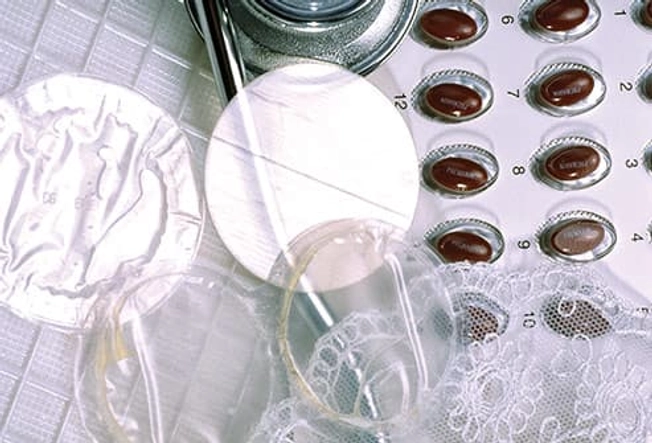
What Is HRT?
It’s hormones your doctor prescribes to replace or supplement the ones your body doesn’t make anymore. Most women who use it take a combination of estrogen and progesterone. Estrogen is what helps most with symptoms like hot flashes and vaginal dryness; progesterone is added to protect against uterine cancer and bone loss (osteoporosis).
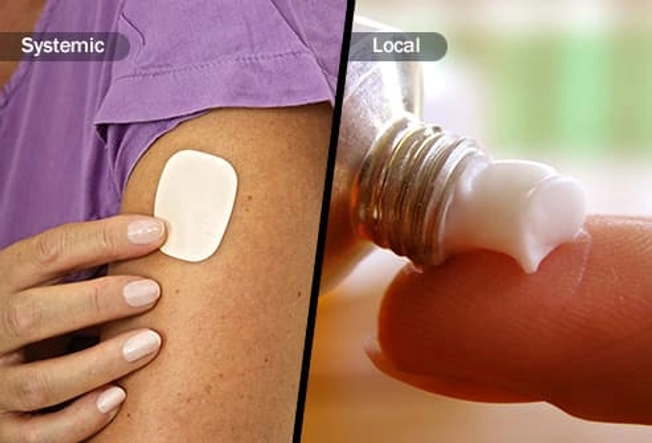
Different Types
HRT can be "systemic," meaning the drug travels through your bloodstream, or "local," meaning it only affects one area of your body. Systemic HRT can help with hot flashes, night sweats, and vaginal symptoms like dryness and pain during sex. It comes in pills, patches, gels, sprays, and shots. If your main issue is vaginal discomfort, local HRT -- creams, rings, or tablets you put in your vagina -- might be a better option.

Side Effects
Some women who use HRT say they feel bloated or have breast soreness. Nausea, dizziness, headaches, and blurry vision are also possible side effects, as is vaginal bleeding. If you haven't had a period for at least a year and have any bleeding or spotting, tell your doctor.
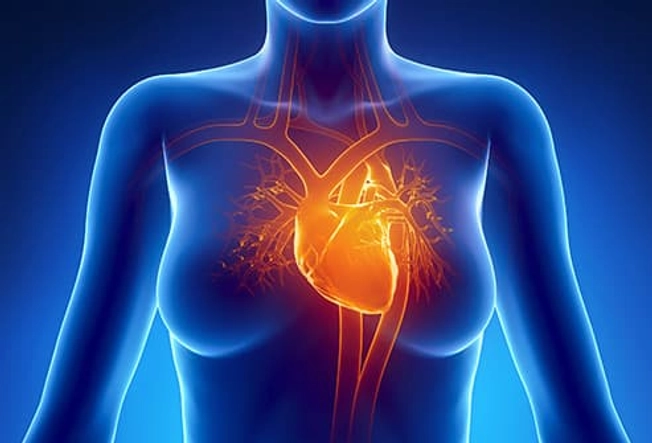
Things to Consider
While HRT works well to ease menopausal symptoms, a study by the Women's Health Initiative found that it can make some women more likely to have certain health conditions. Those include heart disease, stroke, and breast cancer. HRT can also raise your chances of blood clots called deep vein thrombosis, or DVT. This is an older study done on women years into menopause, so talk with your doctor about if this applies to you."
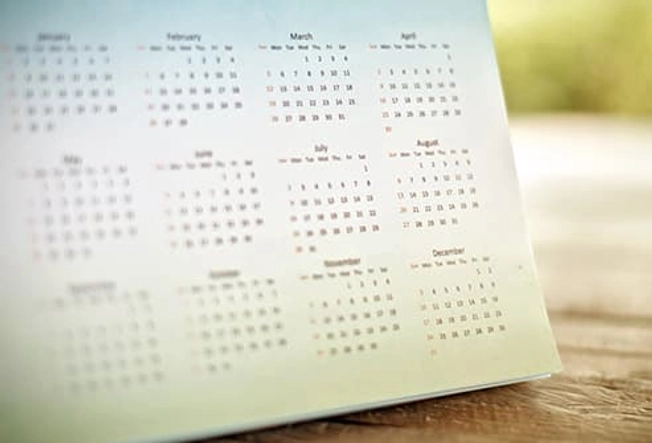
Lower Your Chances of Issues
If you and your doctor decide HRT is right for you, you should use the lowest dose that works for you for the shortest amount of time. Many of the serious problems linked with HRT have been tied to using it for a long time. But using them at a low dose for 3 to 5 years may help protect you from some health issues like bone loss.
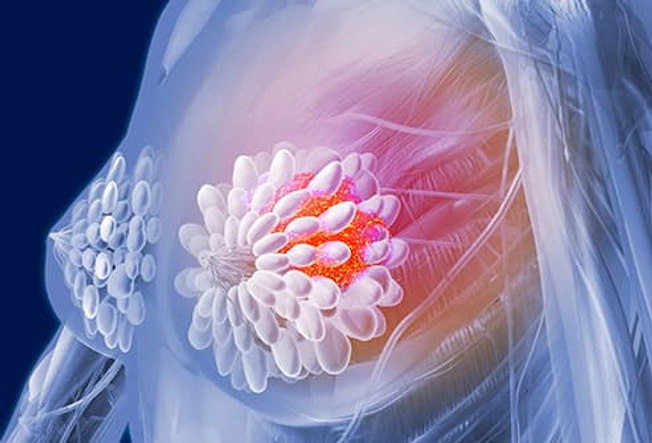
Who Shouldn’t Use HRT?
Generally, women who have had a type of breast cancer that's fueled by hormones shouldn’t use HRT. Your doctor also may advise against it if you have a history of blood clots, heart disease, or stroke.

What Are "Bioidenticals”?
"Bioidentical" means a drug has the same chemical and molecular structure as the hormones in your body. If the word "natural" is also used, this means that the hormones come from plant or animal sources and are not made in the lab. But they may still have been commercially processed to make them bioidentical.
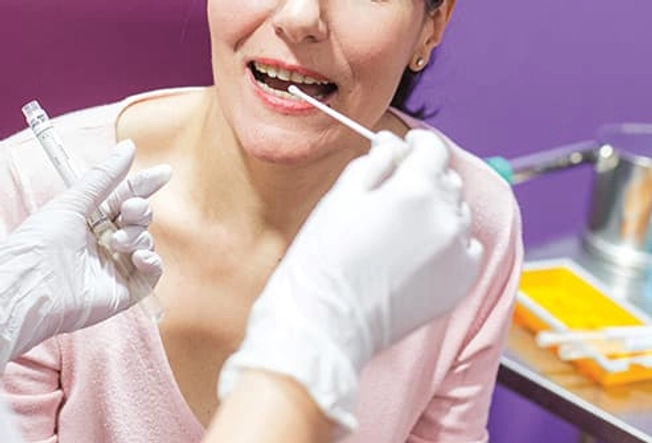
Custom Compounds
Some doctors will take a sample of your saliva to check your hormone levels, then prescribe a custom blend made by a special kind of pharmacy called a compounding pharmacy. While a personalized formula might sound like a good thing, these aren’t regulated by the FDA the way regular prescription drugs are. That means they haven't been tested for safety or to make sure they work well.
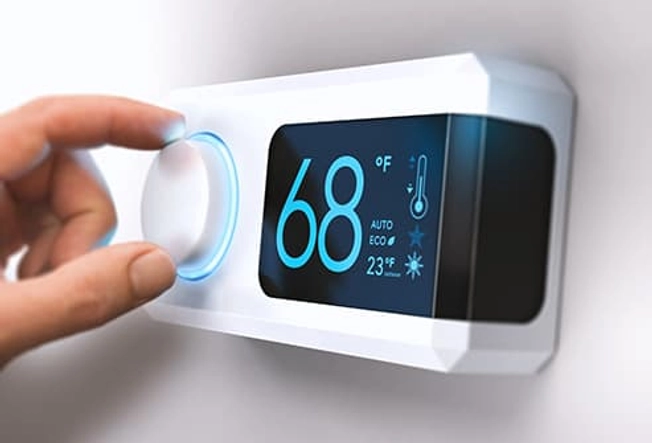
Other Options
If you’re looking for drug-free help for hot flashes and night sweats, try cutting back on caffeine and hot beverages, lowering the thermostat, and wearing lightweight, breathable clothes. Deep breathing, tai chi, yoga, or meditation might help, too. You also might ask your doctor about antidepressants. Research has shown that venlafaxine (Effexor), for example, may help. For vaginal discomfort, try lubricants and vaginal moisturizers.

Supplements
There's not much proof that dietary supplements like soy, black cohosh, or DHEA ease menopausal symptoms. There are also some risks: Black cohosh, for example, carries a rare chance of liver damage. Always talk with your doctor before trying any supplement to make sure it won’t affect anything else you take.

Men and HRT
Men don’t go through menopause, but their hormone levels do get lower with age. While some people think supplemental testosterone can make men look and feel younger, most experts don't recommend it for "anti-aging" purposes. Studies haven’t shown that it works or is safe, and it may raise the chances of cardiovascular disease.

Questions for Your Doctor
Everyone is different, so you'll need to work closely with your doctor to figure out if HRT is right for you. Some things to talk about include:
- Is it safe for me to try HRT?
- Is local or systemic HRT a better option for me?
- How long can I safely use it?
- What side effects might I have, and what should I do about them?
- If I choose not to use HRT, what else can I do to help with my symptoms?